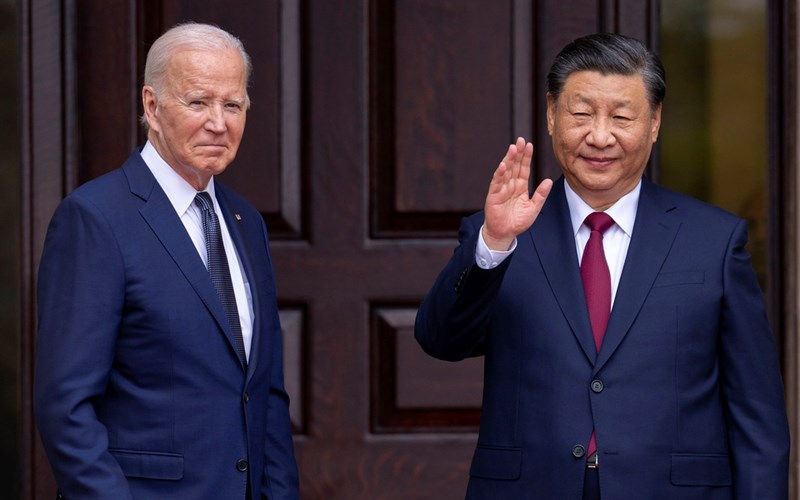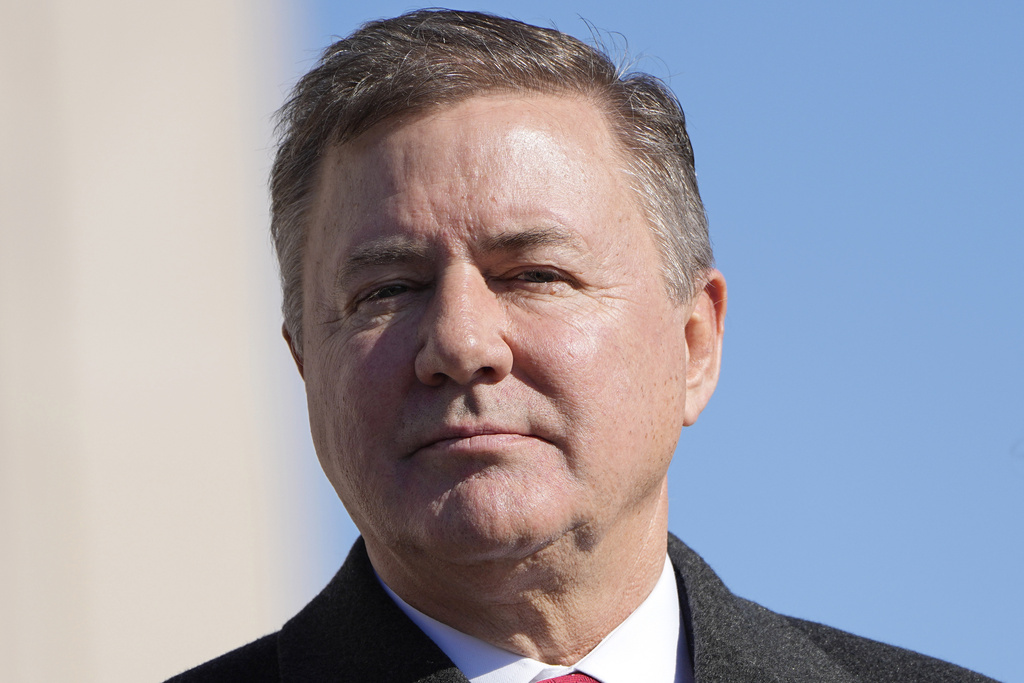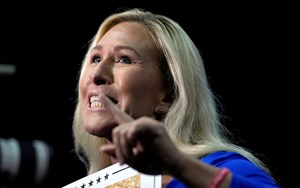Since the law's swift passage on March 19, the U.S. has announced visa restrictions on an unspecified number of unnamed Hong Kong officials but taken no further action. That’s a far cry from 2020, when Beijing imposed national security restrictions to end months of unrest on Hong Kong streets. The Trump administration responded by hitting the city’s highest-ranking officials with sanctions and depriving the territory of its preferential trading status.
While the new law, known as Article 23, now expands the Hong Kong government’s powers to go after those it accuses of spying and to target dissidents anywhere in the world, Washington has been treading carefully.
The language of the new law is vague, and its implementation will depend on how it is interpreted, which in itself is worrisome and could erode Hong Kong’s status as a safe place for international contract settlement, Daniels said.
The new security law has come at a time when the White House wants to protect the fragile U.S.-China relationship, which has only stabilized in recent months, said Willy Lam, a senior fellow at the Jamestown Foundation, another Washington-based think tank.
“I think they don’t want the relationship to deteriorate ahead of the election," Lam said.
Hong Kong and the latest legislation was brought up during the phone call between President Joe Biden and Chinese President Xi Jinping on April 2. Xi told Biden the law reflected a “constitutional responsibility to safeguard national security," which he said would protect the well-being of Hong Kong's people and the interests of global investors, according to China's foreign ministry.
“The U.S. needs to respect China’s sovereignty and the rule of law in Hong Kong, and should not disrupt, still less interfere, in the process,” said ministry spokesman Wang Wenbin.







